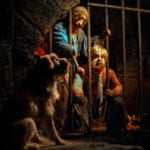 Mysteries
Mysteries  Mysteries
Mysteries  History
History 10 Surprising Stories About the Texas Rangers
 Humans
Humans 10 Philosophers Who Were Driven Mad by Their Own Theories
 Miscellaneous
Miscellaneous 10 Video-Game-Worthy Weapons and Armors from History
 Weird Stuff
Weird Stuff 10 Psychics Who Accurately Predicted Wartime Events
 The Arts
The Arts 10 Pieces of Art Inspired by a Broken Heart
 Health
Health 10 Science Fiction-Sounding New Medical Treatments
 History
History 10 Surprising Facts About the Father of Submarine Warfare
 Space
Space Ten Astonishing New Insights into Alien Worlds
 Weird Stuff
Weird Stuff 10 Bizarre Summer Solstice Rituals Still Practiced Today
 Mysteries
Mysteries Top 10 Haunting Facts About the Ghost Ship MV Alta
 History
History 10 Surprising Stories About the Texas Rangers
 Humans
Humans 10 Philosophers Who Were Driven Mad by Their Own Theories
Who's Behind Listverse?

Jamie Frater
Head Editor
Jamie founded Listverse due to an insatiable desire to share fascinating, obscure, and bizarre facts. He has been a guest speaker on numerous national radio and television stations and is a five time published author.
More About Us Miscellaneous
Miscellaneous 10 Video-Game-Worthy Weapons and Armors from History
 Weird Stuff
Weird Stuff 10 Psychics Who Accurately Predicted Wartime Events
 The Arts
The Arts 10 Pieces of Art Inspired by a Broken Heart
 Health
Health 10 Science Fiction-Sounding New Medical Treatments
 History
History 10 Surprising Facts About the Father of Submarine Warfare
 Space
Space Ten Astonishing New Insights into Alien Worlds
 Weird Stuff
Weird Stuff 10 Bizarre Summer Solstice Rituals Still Practiced Today
Top 10 Horrific Ways Animals Were Used For Entertainment
Historically, animals have been used for both food and entertainment with little thought given to how they felt about it. The concept of cruelty to animals is relatively new, so what used to be considered a good time, modern society may now call shocking. Even in modern times, though, there are those who find amusement in animals being harmed.
10 Cat Burning

The people of medieval Europe associated cats with all kinds of wickedness. Burning “witches” was acceptable, and burning cats, which were associated with them, actually became a tradition in some areas. In Paris, a pyre was erected on the eve of Saint John’s day for the purpose of burning dozens of cats alive (and occasionally a fox, depending on the mood.) The king would be in attendance, and would even hold a feast after the cats were incinerated.[1]
Many cats met their ends during festivals in France, but while cat-burning ceremonies were less common in England, there were still occasions to light up a feline. During a festival for the 119th anniversary of Elizabeth the First’s coronation, an effigy of Pope Innocent XI was paraded through the streets of London with live cats caged inside its stomach. When the effigy was lit on fire, the screeching cats were said to represent the language of the Devil whispering in his ears.[2]
9 The Cave of Dogs
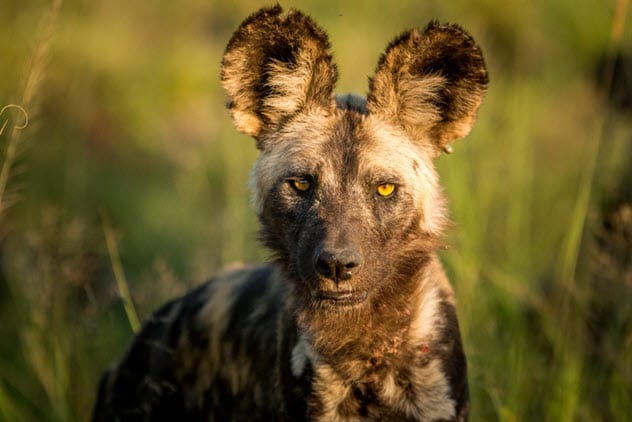
The Phlegraean Fields in Italy were once the site of a strange “experiment” for tourists. The Cave of Dogs, near Lake Agnano, opens into a slope that ends in a fumarole emitting carbon dioxide due to the volcanic nature of the area. The carbon dioxide settles on the bottom of the lowest reaches of the cave, which makes it impossible for short animals to breath. Tourists had been visiting the cave for centuries, as attested by records written by Pliny the Elder, but more modern visitors like Mark Twain began writing about the “dog experiment” that tourists carried out to make a spectacle of the carbon dioxide layer.
Basically, the “experiment” consisted of forcing a dog’s head into the carbon dioxide long enough for it to suffocate. The idea was that the dog would fall unconscious, then the tourist would go throw it into the cold lake waters to wake it back up. Twain, being Mark Twain, stated he intended to go a step further and hold the dog by his hind legs until it suffocated, revive it in the waters, and then just kill it in the carbon dioxide for good measure. Fortunately for any nearby canines, it was merely a bit of Twain’s sarcastic humor. After he stated his intention of killing a dog, he made light of the whole thing by mentioning that he had forgotten to bring one.[3]
8 Cock-throwing
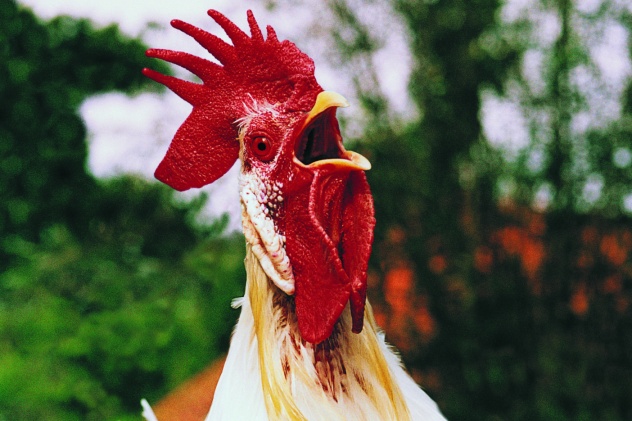
The English had a custom called “cock-throwing” in which a chicken was tied to a pillar (or any high structure) so participants could hurl specially made sticks at it. The spectacle was usually held on Shrove Tuesday, a time in which the social restrictions on positions such as apprentices and other laborers were loosened enough for them to engage in somewhat less than high-brow fun.
Sometimes cock-throwing was held for fun, but other times it involved a bit of gambling. Participants had to pay a fee to throw sticks at the chicken. If they hit it with a killing blow, they got to keep the carcass for cooking. If they broke its legs or otherwise made it unable to stand, the chicken would be strung up to a pole that would hold it up so the contest could continue. If someone simply knocked the chicken off whatever it was roped to, depending on the rules, it became a game of who could catch it the quickest. The winner would keep the cock.[4]
7 The Bear Gardens
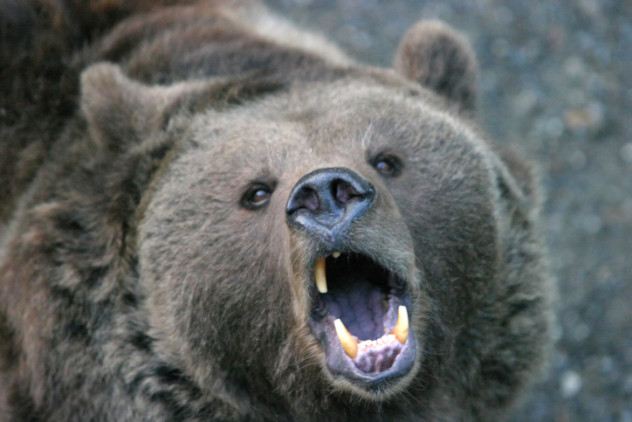
In Shakespeare’s time, one of the main competitors of his theater was the Bear Gardens. It was an area dedicated to animal baiting, which was essentially putting an animal like a bear in a pit, then setting other animals, usually dogs, loose on it. The ensuing battle was a widely popular bloodsport at the time, frequented even by Elizabeth I. King James I used animals like lions and polar bears from the crown’s private collection for private animal baiting events.
Bears were tied to a pole in a pit. Dogs were set upon them, and the bear had to first fight its way free from the rope, and then defeat the dogs. Since bears were expensive to obtain and transport to the gardens, the fights were usually stopped after enough dogs died. The bear would then live to fight another day, as it were, and some even became minor celebrities.
Other animals were used in the baiting games, including a chimpanzee riding a horse that spectators loved to see cry out whenever it was attacked. People were likewise fond of sicking dogs on bulls, since the bull would hurl them into the air with its horns, much to the delight of the crowd.[5]
6 Goose Pulling
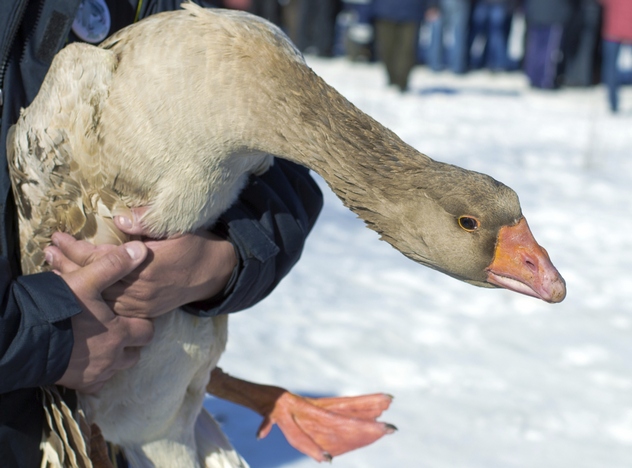
Goose pulling was a European bloodsport carried out as early as the 17th century. A goose was strung up by its legs, and then riders on horseback would take turns racing beneath it and attempting to pull its head off. Oil was slathered over the goose’s neck to make it more difficult to grab onto. The goose was also alive, so it would be struggling to get free, which also made pulling its head off more difficult.[6]
Even during the time period when goose pulling was popular, it was criticized as barbaric. Even after it later made its way across the Atlantic ocean to the US, it was still frowned upon and eventually died out in most areas. Today there are modified versions of goose pulling held throughout Europe using dead geese that were humanely killed by a veterinarian, although animal rights activists still take issue with the competitions.[7]
10 Debated Acts of Animal Cruelty
5 Geek Show
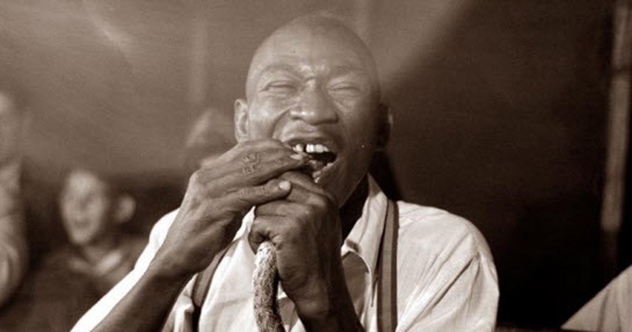
The modern usage of the word “geek” is a large change from its original meaning of, roughly, “fool.”[8] Geek shows were a carnival act from the late 1800’s and early 1900’s where a “geek,” the central performer, would act like a wild man (or woman) and chase animals around a stage to bite their heads off. The act was extremely degrading to the performer, who was usually an alcoholic or drug abuser paid with alcohol or narcotics.
Some famous geeks incorporated additional aspects into their act, or played up their “wildness” for the crowds. Eeka, a famous female geek, was also a snake charmer and “wild girl.” The geek show eventually fell out of fashion as interest in animal rights grew, and biting off animal heads became more horrifying than entertaining.[9]
4 Cannibal Holocaust
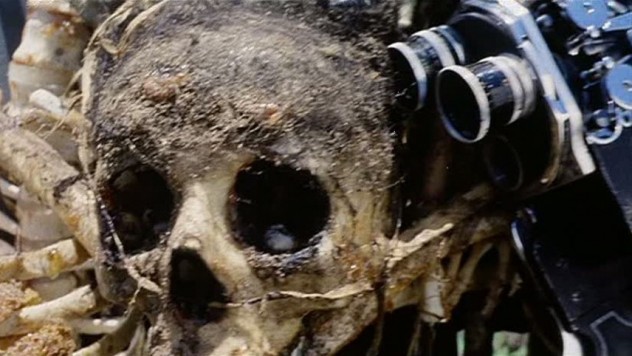
One of the most controversial movies of all time, Cannibal Holocaust got its director brought up on charges of animal cruelty and murder. The murder chargers didn’t stick, as the newspaper that reported the on-screen deaths as real turned out to be spreading false information. The director disproved the charges by bringing one of the supposed “victims” to the trial. But the animal cruelty charges got him fined when the onscreen animal deaths proved to be real.[10]
A large turtle was killed for the movie, and a monkey’s brutal death was filmed twice. (Meaning two monkeys were killed.) In defense, the director said that the animals were killed, but also eaten by the actors and crew. That didn’t stop authorities from condemning the killings, and they found the director guilty of animal cruelty because the deaths were done for the purpose of making a film.[11]
3 Kots Kaal Pato

Kots Kaal Pato is a festival held in Citilcum of Yucatan, Mexico where people once filled pinatas with live animals and beat them to death. Local superstition held that it was once associated with the rainy season. The local children rounded up animals, usually iguanas or a marsupial called an opossum, shoved them into pinatas, and then beat them with sticks. Any animal that escaped was trampled.
Other festivities included hanging up a duck by its feet on a wooden structure, then participants racing to tear its head off.[12] When animal rights activists voiced their concerns about the festival to the local government, the Izamal municipality worked with the local Catholic church to end the festival as it was once carried out. Nowadays, live animals are no longer harmed during the festivities.[13]
2 Badger Baiting

Badger baiting involves sending a dog into a badger burrow (either natural or artificial) in order to kill or capture it. Even if both animals survive, they can receive injuries so severe a vet might euthanize them. It was once a form of entertainment in the UK, but was outlawed in 1835 due to animal cruelty laws. Although outlawed, badger baiting never truly went away, and has in fact seen a modern resurgence.
Nowadays, badger baiting is usually a matter of a badger being found, either by the baiters themselves or a farmer, who calls them in to eliminate it.[14] The men set their dogs out to find the badger, and then, once the dogs find it, they dig into its burrow as they sick their dogs on it. There have been hundreds of modern accusations of alleged baiters. And some are even breeding dogs for the sole purpose of fighting badgers. Undercover operations to infiltrate the world of badger baiting have seen several baiters facing jail time under animal cruelty laws.[15]
1 Animal Crush Porn
Animal crush pornography is a horrific kind of fetish pornography where viewers gain sexual gratification by watching lingerie-clad women torture animals to death. Animals are tortured and killed in any number of horrifically cruel ways, although the genre first got its name from people crushing kittens. Boiling animals alive, blowtorching them, disemboweling them, stabbing stilettos in their eye. Any and every twisted act imaginable is carried out.
This kind of pornography mainly infests the dark web, since animal cruelty is illegal in most places. While some of the women in the videos seem to enjoy their actions, some are actually victims themselves. There was at least one case where the women in the videos were found to be victims of trafficking, and forced to carry out the torture upon threats to their own lives.[16]
10 Times Scientists Got Animals High To See What Would Happen




